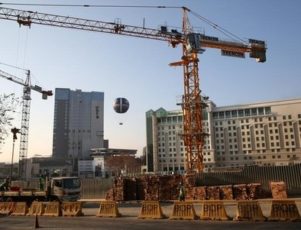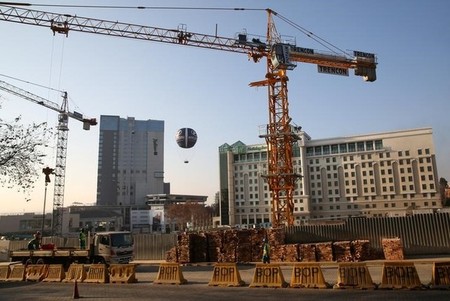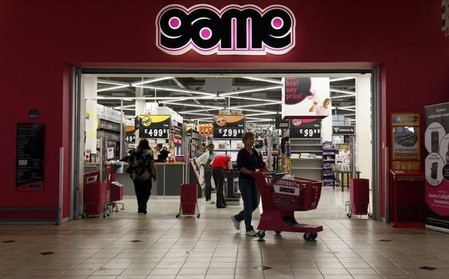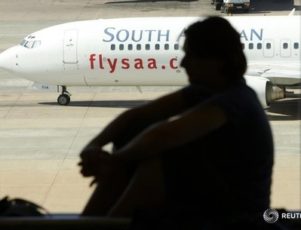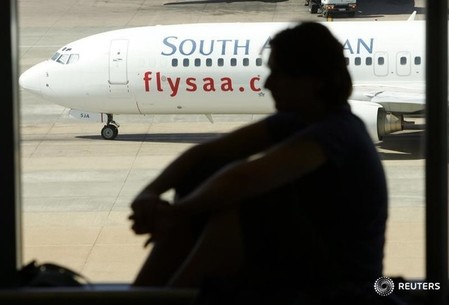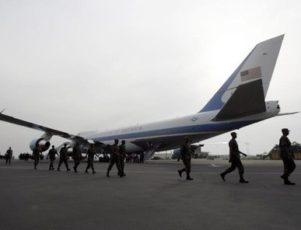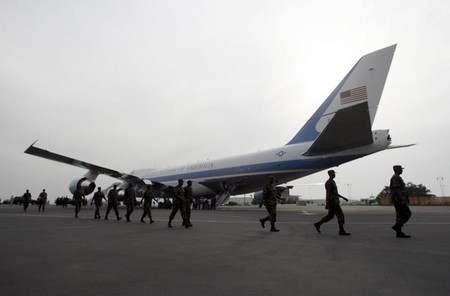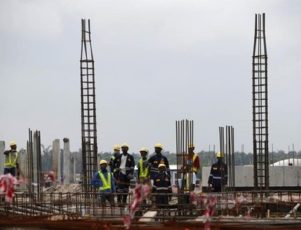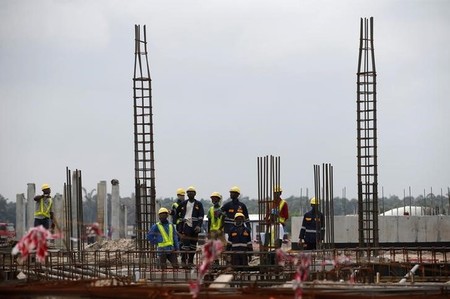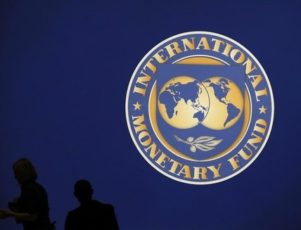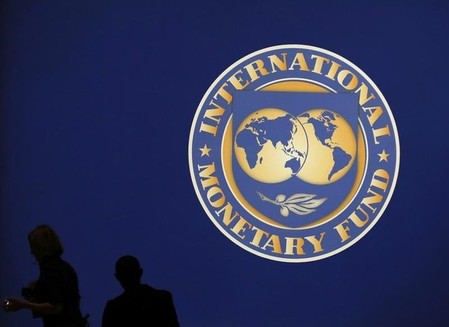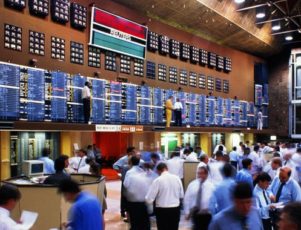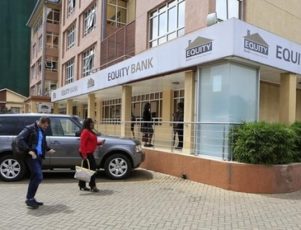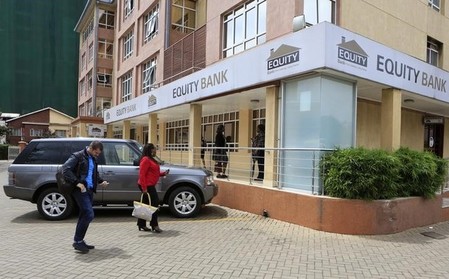PRETORIA (Reuters) – South Africa’s economy grew by its most in six quarters as the mining and manufacturing sectors reversed sharp contractions due to an uptick in exports, the statistics agency said, ending fears of a recession.
Growth beat market consensus, rising by 3.3 percent in the second quarter of 2016, its fastest quarterly growth since the fourth quarter of 2014, after shrinking by 1.2 percent in the three months to March, Statistics South Africa said on Tuesday.
The currency of Africa’s most industrialised economy extended its gains to 1.3 percent after the growth data was released. The rand traded at 14.1890 per dollar at 1023 GMT versus overnight close of 14.3800.
Economists polled by Reuters had expected a quarter-on-quarter GDP expansion of 2.3 percent while the economy was seen expanding 0.5 percent year-on-year.
Mining led the growth, expanding by 11.8 percent after an 18.1 contraction in the first quarter.
Manufacturing also grew, up 8.1 percent quarter on quarter from 0.6 percent previously.
“The mining and manufacturing were your key drivers for the 3.3 (percent growth) mainly related to exports of platinum and exportation of motor vehicles,” said chief director for national accounts at Stats SA Michael Manamela.
On a year-on-year basis, the economy grew 0.6 percent versus a 0.1 percent contraction in the first quarter, the agency said.
The agency however warned that the jump in quarterly growth was also due to the sharp contraction in the previous quarter, and the more realistic measure was to look at the first six months of 2016, which showed growth at 0.3 percent.
“You should see it in context of that it compares with a very low first growth,” Manamela said.
(Reporting by Mfuneko Toyana; Editing by James Macharia)

